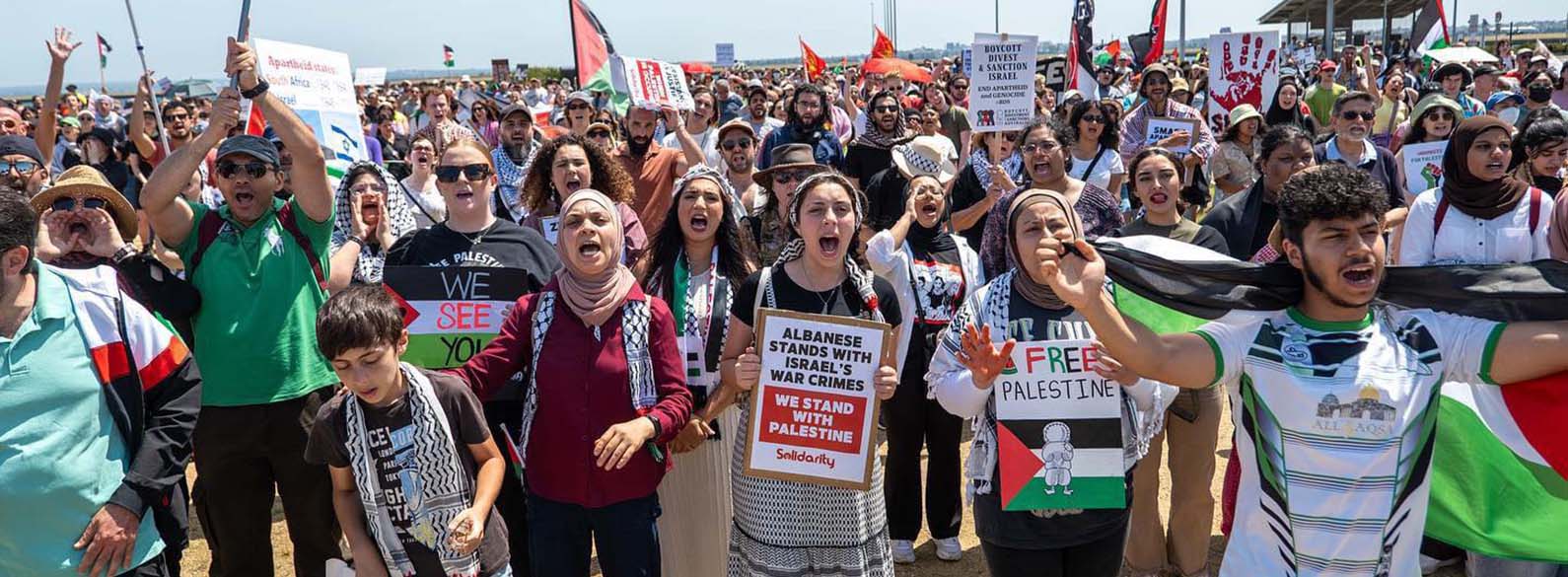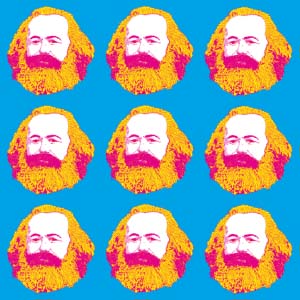PALESTINE, IMPERIALISM AND RESISTANCE

 Simon Assaf, Lebanese revolutionary socialist based in London, will open the festival speaking on Palestine, resistance and revolution. He reported on the 2006 Israeli war in Lebanon for Socialist Worker, writes regularly on the Middle East and is on the editorial board of The Public Source (Lebanon).
Simon Assaf, Lebanese revolutionary socialist based in London, will open the festival speaking on Palestine, resistance and revolution. He reported on the 2006 Israeli war in Lebanon for Socialist Worker, writes regularly on the Middle East and is on the editorial board of The Public Source (Lebanon).
Theories of settler colonialism will discuss different settler colonial states from Israel and its theft of Palestinian land to Indigenous dispossession in Australia, North America and South Africa to examine the different forms of settler colonialism and resistance to it.
Israel’s government has moved dramatically to the right, with extreme racist figures like Itamar Ben-Gvir, who openly supports genocidal pogroms in both the West Bank and Gaza, in powerful positions. Israel: Is Zionism in crisis? will discuss what this means for the future of the Zionist state and whether its racist ethno-nationalist project can survive.
From Arab nationalism and decolonisation to the Arab revolutions of 2011, the Middle East has seen successive waves of working class revolt. A history of revolution in the Middle East will look at the lessons from the past and how revolution across the region holds the key to Palestinian liberation.
 Eyewitness to genocide: Why Palestine is right to resist will feature Sameh Naser, who was displaced from Gaza City as Israel’s bombs rained down.
Eyewitness to genocide: Why Palestine is right to resist will feature Sameh Naser, who was displaced from Gaza City as Israel’s bombs rained down.


 Since the Royal Commission into Aboriginal Deaths in Custody issued its final report in 1991, there have been 562 Indigenous deaths in custody, yet only a handful of charges against police or prison guards have ever resulted.
Since the Royal Commission into Aboriginal Deaths in Custody issued its final report in 1991, there have been 562 Indigenous deaths in custody, yet only a handful of charges against police or prison guards have ever resulted.